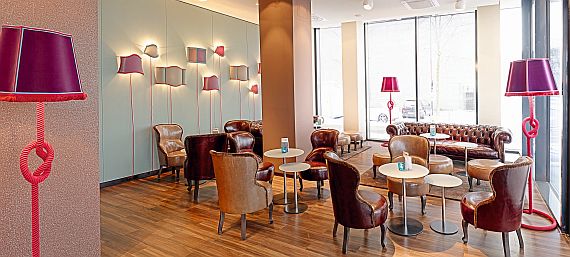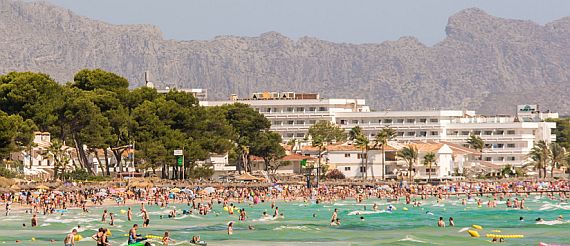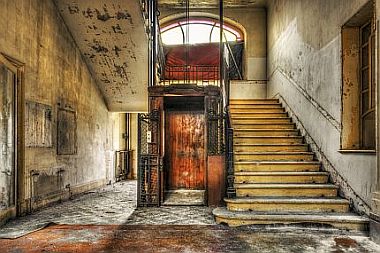
News & Stories
Innsbruck. Hardly anybody denies that Innsbruck needs more hotel rooms. Local politicians put demand at up to 1,000 beds. Yet as far as those representing the sector are concerned, they would prefer to decide who gets to provide those rooms. Hilton has left, Motel One and Maritim are on their way. The competition is growing, even in those destinations which have been less important up to now.
Vienna. To see off an especially successful 2017, the Tourism Division of the Austrian Chamber of Commerce celebrated considerable growth in the number of overnight stays. The snow-rich winter hadn't attracted as many guests since 2012. On the other hand, online bookings slipped as customers changed their behaviour.
London. "Overtourism" has picked up pace in the media over the past few months. Both tourism experts and hoteliers have been aware of this phenomenon for some time now; but not all experts have answers at hand even though such developments have also taken place in the past. Only recently, hospitalityInside.com reported about the abundance of Chinese tourists, Barcelona's hotel ban and initial countermeasures in Venice. Susanne Stauss investigated in Mallorca and Massimiliano Sarti got to know more about the hunger for tourists in a conversation with a South America expert. Two poles in a world facing a paradox. Overtourism remains a topic, which will haunt the industry in 2018 for sure.
Brussels. Belgium's hospitality sector is doing better. Hotels are recovering from the 2016 terrorist attacks. Just like Paris, Brussels shows a certain resilience. Efforts made by the government to support the industry have helped to increase the number of visitors. International tourists are back, alongside international investors who, on their part, have cleared away 9 out of 10 of Belgium's hospitality assets recently put on the market. Nevertheless, the overall situation is less cheerful than one thinks. The overall hotel landscape is also changing: Within 5 years, Belgium has lost 570 mostly smaller hotels.
London/Hanover. TUI Group announces a very good fiscal year. Hotel and cruise companies played a big part in it, revenues per guest grew pleasantly and the business shall be…
Paris. France's hotel inventory is on the decline. A recent study published by the French group In Extenso TCH confirms that 450 hotels closed their doors in 2016 resulting in the disappearance of 8,400 hotel rooms. The terrorist attacks in Paris and Nice are part of the reason why investors seem less keen to invest in a sector which is still in the recovery phase, along with the high cost of land, compliance to regulations, high seasonality, etc. …
Rome. Agenzia del Demanio, the Italian state property office, has just launched its second bid regarding the "Valore Paese – Cammini e Percorsi" project: an initiative intended to promote slow tourism through the transformation of unused properties.
Brussels. In July 2018, the amendments to the EU Package Travel Directive will enter into force. At present, the intensity and speed with which those affected are looking at the changes differs significantly. In Germany, the focus has been clearly on travel agents and the amendments have been quickly implemented into German law. In Austria, on the other hand, the response has been slower. Though now – in contrast to the Germans – they have already come up with a solution for dealing with those cases where the tour operator goes bankrupt.
Chur/Vienna. "Incredible, but true! Skiing in Switzerland is in some cases cheaper than in Austria" is the finding of an investigation of ski-pass prices which compared destinations in Switzerland with their Austrian rivals. According to the outcome of the investigation, prices differ little. But in many ways, the comparison falls short.
Barcelona. The hospitality company Hotusa is moving its headquarters from Barcelona to Madrid – like 2,500 other companies did due to Catalonia's plans to separate from Spain.





